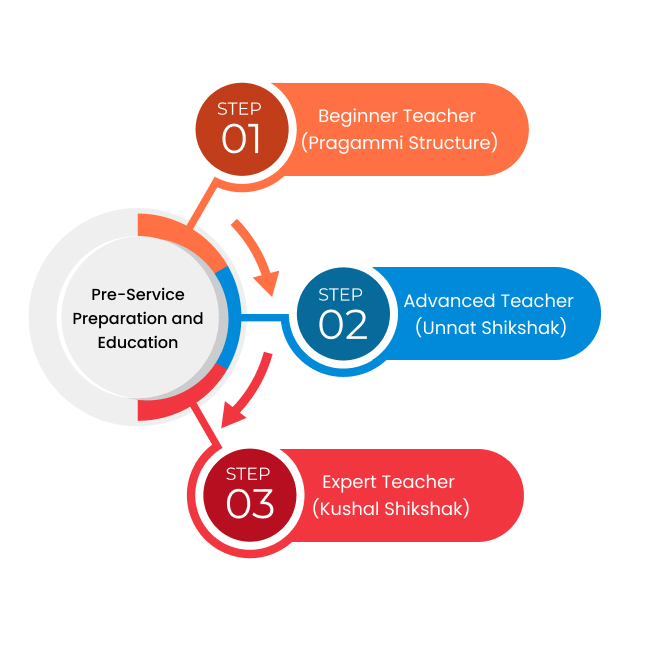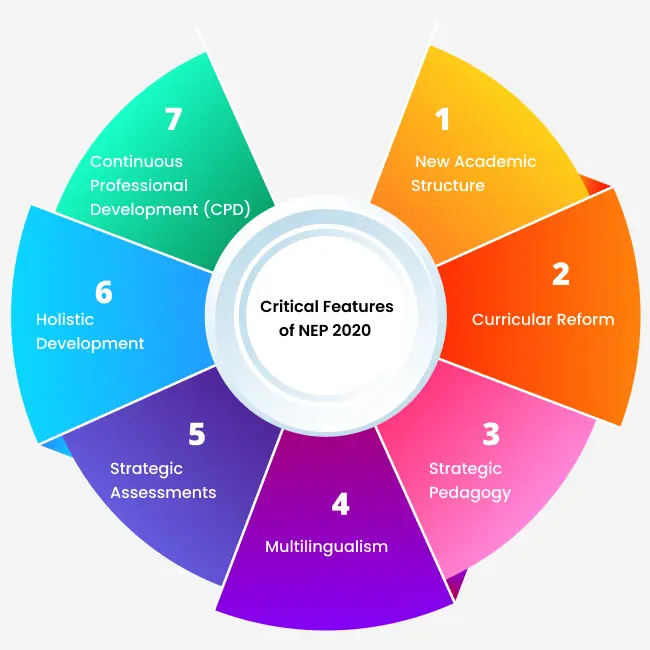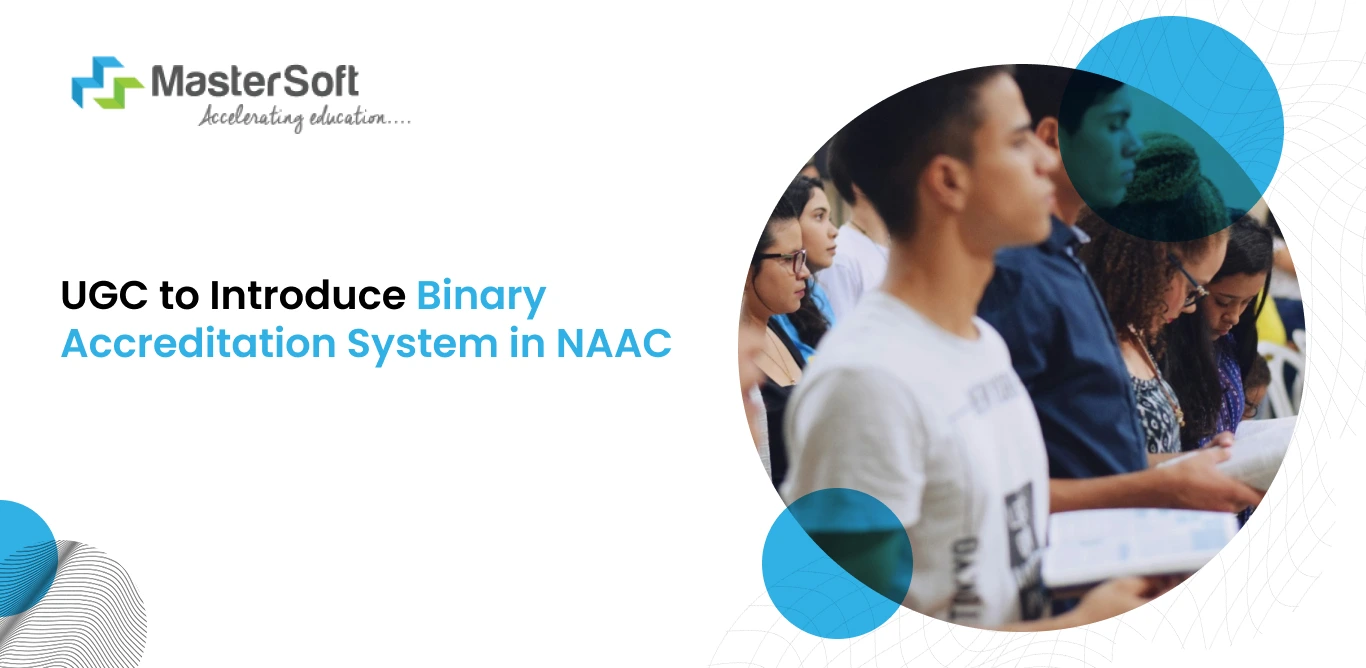29, July 2024
The underlying reason is that teachers are the facilitators of education, ensuring an enriching learning experience.
With the ever-changing landscape of education, it can be challenging for educators to keep up with the prerequisites for teaching methodologies.
That is where NPST plays a crucial role in establishing the mandates of the teaching profession.
What is NPST?
NPST stands for National Professional Standards for Teaching and refers to a public statement that signifies a set of guidelines for aspiring and professional teachers. Also, it emphasises the high-quality standards required of educators.
Furthermore, the colleges and teacher training institutes adhere to the guidelines and strive to train professionals accordingly. Teaching aspirants the particularities of fostering student development.
Also, they attain the competencies that contribute to their ability to create meaningful classroom interactions. Consequently, they succeed in providing students with insights and helping them attain learning objectives.
Four Stages of National Professional Standards for Teaching
A teacher’s journey starts with the steps that they take towards the Teacher Education Programme (TEP). NPST provides a framework and a set of guidelines for teachers’s continuous improvement throughout their careers. Furthermore, it consists of the following stages, which are as follows:
Pre-Service Preparation and Education

An NCTE-approved teacher training institution is the ideal place where teacher trainees will receive relevant education and training.
Also, they will undergo proper pre-service preparation and education with the help of a mentor support system and continuous practice.
When they complete the initial teacher training programme and evaluation, they will attain beginner teacher status.
Beginner Teacher (Pragammi Structure)
The ability to demonstrate the initial level-appropriate competencies is central to this stage; teachers will possess relevant knowledge and pedagogical methodologies. The institute-based mentors will help the teachers improve their teaching practices.
Consequently, they will be able to develop their own practice and bolster their existing knowledge and skills. Also, once the teacher reaches the highest level of performance in terms of implementing the acquired skills, they prepare for the next career stage.
Advanced Teacher (Unnat Shikshak)
At this career stage, there are expectations for teachers to be proficient in skill application. In fact, advanced teachers will assume the role of peer leaders for teachers who are at the proficient stage.
Furthermore, the principal, head, and senior functionaries will observe the practice of the advanced teacher.
Also, once the advanced teacher is ready to progress to the next career stage, the school and mentor will guide them to attain expert teacher status.
At this point in their career, they will have sufficient knowledge to apply, adapt, and act with more autonomy. They will also be aware of how the subject matter is developing, how to integrate skills, and how to work with new curriculum materials. What’s more, teachers will become capable of identifying individual problems and catering to their learning needs. They will become sufficiently resourceful to employ adequate strategies for immediate, medium, and long-term student learning and educational aims.
Expert Teacher (Kushal Shikshak)
At this stage, teachers must demonstrate the highest level of capacity in terms of a role as a mentor or peer leader and provide necessary assistance to others. For example, they shall do the needful to improve other teachers’ skills and spearhead the school’s professional development programme.
At this point in their careers, teachers will employ the best teaching practices, collaborate, and guide their colleagues. Furthermore, teachers must equally focus on advancing their professional knowledge and practices and reflecting on their own, students, and colleagues’ requirements. Additionally, they will prioritise peer observation and mentor others to assist them in progressing to the next career stage.
What are the areas and standards of NPST?
NPST has delineated core standards and areas that define teaching quality across different career stages. It provides a roadmap for teachers to progress from proficient to expert practice level; the standards are as follows:

1. Core Values and Ethics
The core values and ethics of the teaching profession are central to the first standard that teachers must develop. Also, these values are synonymous with guiding principles and help in shaping teachers’s professional development.
Furthermore, it helps to inculcate values such as commitment to integrity, professionalism, honesty, respect, trust, and mutual understanding in the classroom. In effect, it helps teachers improve their pedagogical skills and lifelong learning.
Teachers must prioritise the following core values to create a foundation of equity and inclusivity:
- Constitutional Values
- Professional ethics and values
- Commitment to Students
- Professional Relationships
- Commitment to the Profession
- Responsible and Ethical Use of Technology
2. Knowledge and Practice
This standard covers the knowledge and resources related to teaching and learning practices that teachers must know. Also, it encapsulates all student-related information and maps the methods by which teachers design suitable learning experiences for students.
Moreover, it includes subject matter knowledge, related pedagogical content knowledge, and knowledge of methods to present the subject matter. Additionally, it includes knowledge of educational aims, national educational systems, policies, and history.
Simultaneously, it highlights the instructional abilities to engage students meaningfully, to plan, assess, reflect, develop, and use resources. Besides, it also hints at one of the main components of NEP 2020, which emphasises play-based learning activities.
3. Professional Competence and Practice
This standard covers teachers’s capability to utilise their professional skills and knowledge at each career stage. Hence, it includes implementing relevant teaching and learning assessment practices according to an individual’s specialisation.
For example, teachers must combine story-telling-based and sports-integrated methodologies to stimulate students’s interests. On the other hand, the lesson delivery mechanisms or approaches should include inquiry-based learning and discussion-based learning.
Additionally, when it comes to assessments, teachers must leverage a comprehensive assessment system. In effect, it will help to assess students’ analytical abilities, problem-solving skills, and conceptual clarity.
4.Professional growth and development
Teachers’ efforts and responsibility to improve their professional knowledge, competence, and practice are central to this standard. Therefore, they must participate in continuous professional development (CPD) programmes at each career stage.
Teachers must value their professional identity and strive to develop their capacities by engaging in and participating in the learning community. Also, they must cater to the individual learning needs of students and reflect on their professional progress.
NCTE - Role And Functions Of NCTE (National Council For Teacher Education)
5. National Professional Standard for Teaching (NPST) Implementation
A digital platform called the National Centre for Teacher Quality (NCTQ) has been established in NCTE National Council for Teacher Education. In effect, it will help the stakeholders streamline and implement NPST.
NPST can play a significant role in the education system by measuring teacher quality and providing a pathway for teachers’ development. Besides, the pilot launch of NPST in a controlled manner led to the clarification of potential outcomes. The plan of action for the rollout of NPST is as follows:
- Launch of the NPST Guidance Document and capacity building of the institutions and agencies responsible for implementation.
- States/UTs adaptation of the NPST Guidance Document.
- Integration of NPST with teacher professional development, capacity building, training, etc. as envisaged in NEP 2020.
- Development of resources, materials, self-development guides, and assessment tools to enable the teacher to reach the competencies.
Conclusion
The National Professional Standard for Teachers, or NPST, is a quality assessment mechanism that provides a set of standards for teachers to follow. Its goal is to ensure the continuous professional development of teachers throughout each career stage. What’s more, it provides a platform to assess teachers' classroom interaction and gradual improvement in terms of their overall performance.
Want to enhance students’ thinking abilities but don’t know where to start? Learn More
Mobile: 08448010216
Email:info@mastersofterp.com













